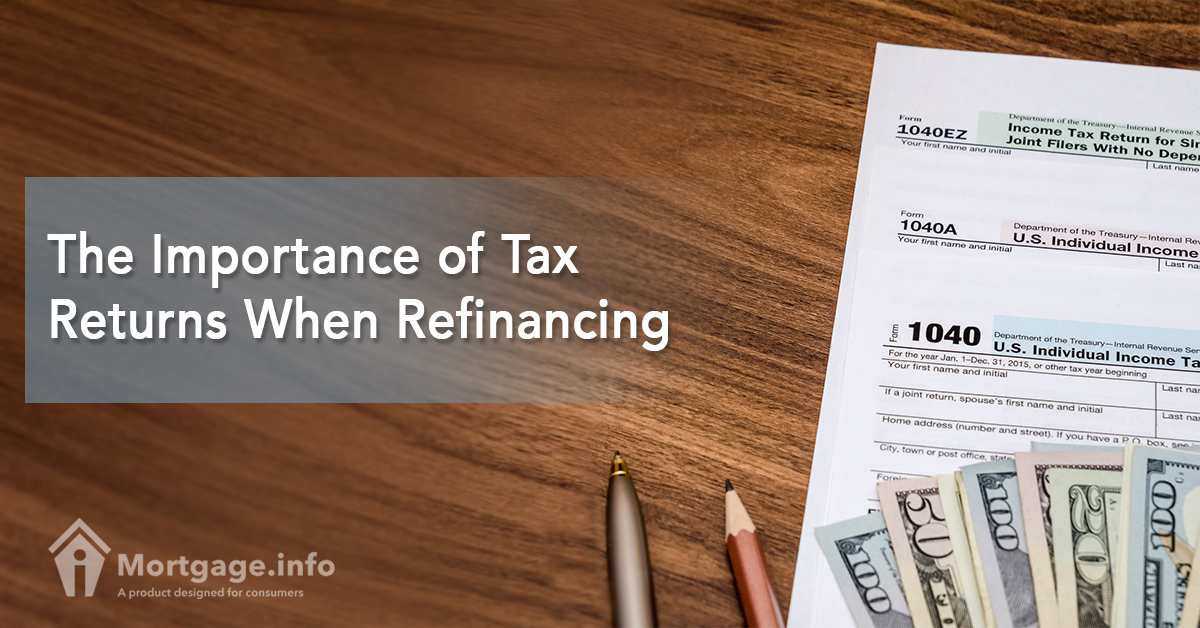Before you get your hands on any loan, the deal requires you to prove your capacity to pay back what you owe. This is standard process and is pretty much common knowledge. But if your purpose is to refinance, you might wonder why the process needs to be repeated.
The answer to this is simple: the lenders don’t have a general knowledge of your income situation since you qualified for your first mortgage. Now there are plenty of reasons to refinance and some of those include cashing out equity or lowering your monthly mortgage payments, both present the potential that you may be hard on your current finances and therefore would be a bigger risk to the lender. For starters, the interest on your new loan will largely depend on your debt-to-income (DTI) ratio.
So how do you demonstrate your creditability when you refinance? One way is to disclose your monthly income through submission of copies of your ITRs or income tax returns.
An Underwriting Requirement
Underwriters are the silent number crackers behind the decision of whether you get that mortgage or not. Using your ITR, they will assess your gross monthly income – that is counting the money you should get before the taxes are shaved off – and make sure your total monthly debt does not go way overboard compared to your income. This will help them determine if you are really financially equipped to carry the burden of the mortgage.
Documents Needed
In most cases, lenders will require you to forward copies of your ITR from the last two to three years. They will look into your income history to see if your financial health has been steady in the past. Those who have steady pay are usually seen as less of a risk than those who experience financial lows and spikes in their timelines.
Other Proofs
Other documents that may be required to help you prove your income include:
- monthly statements of your last two savings and checking account
- pay stubs from the last two months
- credit card statements issued in the most recent dates
- any financial document showing income, debt
Calculating Your DTI
In simple terms, the DTI or debt-to-income ratiois the number that determines your financial capacity to still manage monthly payments while repaying debts. You can calculate your DTI by dividing the total amount of your recurring debts per month by your gross monthly income.
Typically, the lower the number, the better. If you’re planning to buy a home or refinance, a DTI ratio of 0.43 or 43 percent is the highest you can have to still qualify but ideally, a 36 percent or lower will give your lenders more faith in your repayment capacity. That number should account for no more than 28 percent going to mortgage fees and servicing.
ITRs are a vital piece of the puzzle when it comes to mortgage applications. Make sure to prepare your documents ahead to hasten the processing of your loan acquisition.

